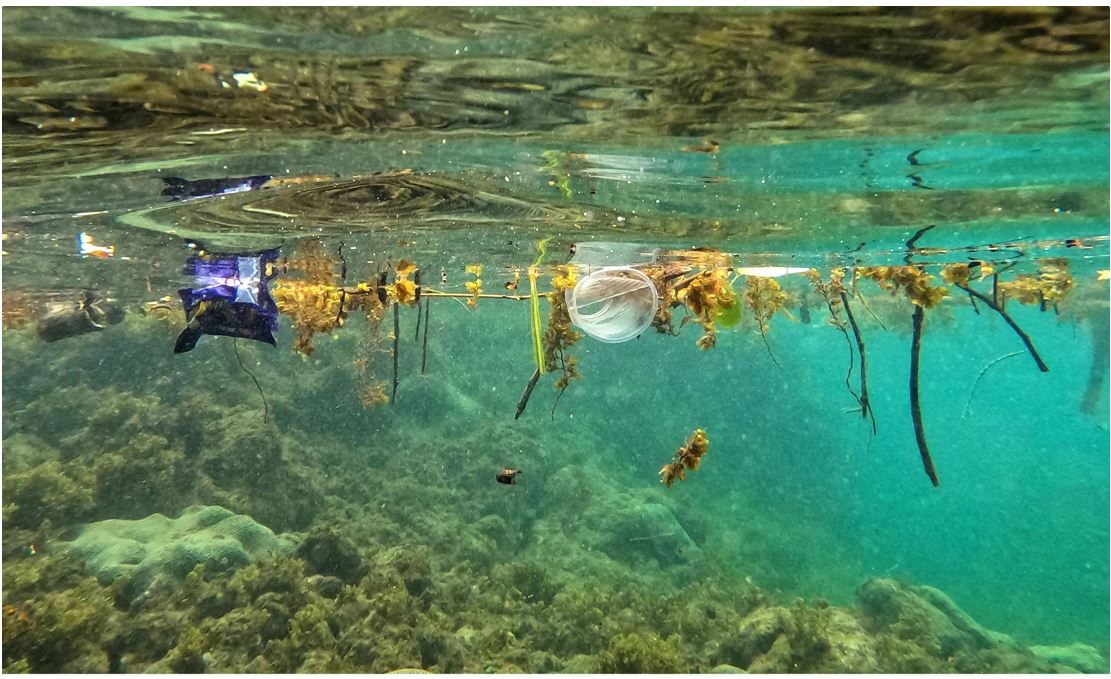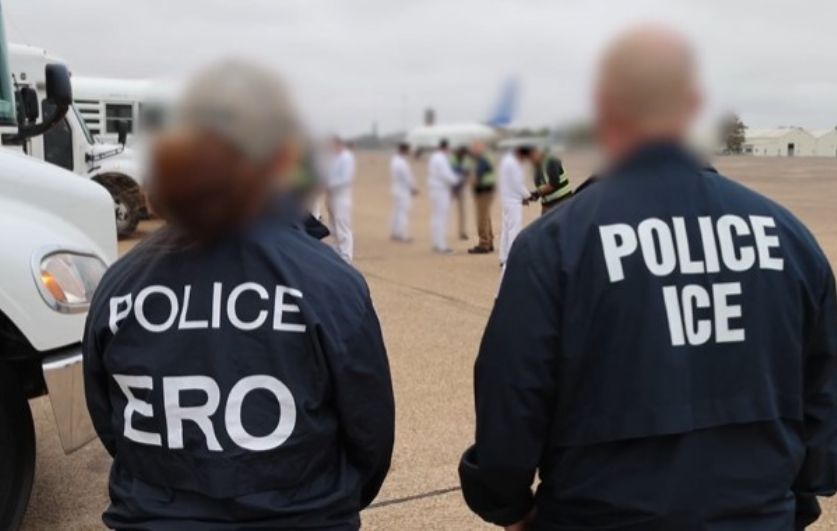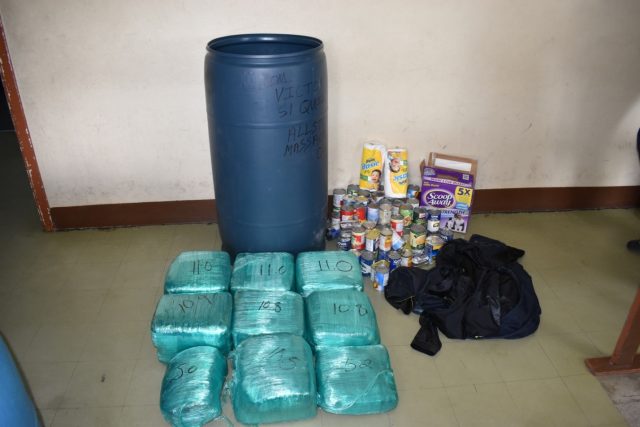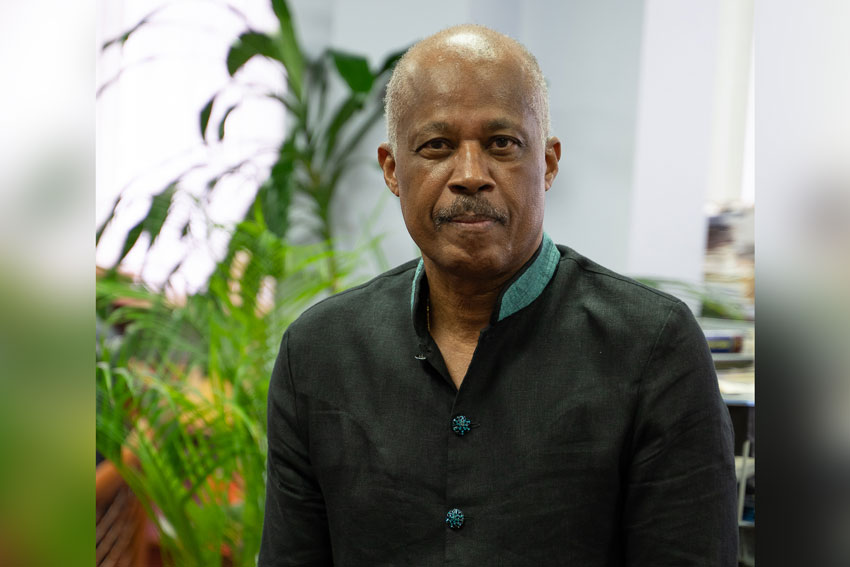The Kalinago Territory Zero Waste Community Project, currently being implemented in the Commonwealth of Dominica, is seeking to improve the current system of waste management and reduce marine pollution through a waste diversion program that enables the separation of recyclable and compostable material at the source.
This project is supported by the Organisation of Eastern Caribbean States (OECS) through the Building Resilience in the Eastern Caribbean through Reduction in Marine Litter (ReMLit) Project and is being implemented by the Dominica Solid Waste Management Corporation (DSWMC) in partnership with the Kalinago Territory. ReMLit is funded by the Government of Norway through the Norwegian Ministry of Foreign Affairs.
A study on waste collection was conducted on behalf of the DSWMC by environmental consultant Bernard Nation, in the Kalinago Territory – Seneku, Mahaut River, Gaulette River, St Cyr, Salybia, Crayfish River, Bataka and Concord – which defined the scope, resources, and modalities for the sustainable Zero Waste Programme. The study identified six concerns that the project will address:
- An absence of waste separation at the source
- Curbside garbage collection
- Susceptibility of garbage to foraging by stray animals (The Kalinago Territory has an unreliable waste collection service, which increases the incidence of animal foraging)
- Disposal of compostable waste (Over 60% of waste collected is compostable)
- The improper management of white goods collection (White goods are a class of bulky household waste, including refrigerators, freezers, washers, and dryers)
- Limited population coverage for waste collection due to inaccessibility of secondary roads and housing schemes by garbage trucks
The Study’s key recommendations provided the Dominica Solid Waste Management Corporation (DSWMC) with a five-point plan of action to establish a sustainable Zero Waste community, namely:
- Develop a system to separate waste at the source
- Establish a mechanism to limit litter caused by foraging dogs
- Streamline compostable refuse to beneficial by-products
- Develop a management plan for white goods
- Increase garbage collection service coverage
At present, some level of waste separation is taking place within the Kalinago Territory. Through an ongoing recycling program, participating households are separating glass, plastics, and cans for fortnightly collection. However, the Study recommends scaling up this program by bringing more households on board.
The Study also recommended the use of covered, colour-coded, communal garbage receptacles placed at strategic residential locations, and picked up at scheduled times. This will ensure that the garbage is separated at the source of collection and will also address the issue of foraging animals. These receptacle sizes should be based on the approximate weight and volume of the various types of waste generated, and the capacity of specialized lifting equipment employed in the collection process.
Currently, 62% of the total waste collected is organic, and therefore compostable. This would mean that from approximately ten tons of garbage collected, six tons could be used to create beneficial by-products. Separation of the garbage could thus provide several benefits, including:
- Reduction in animal foraging
- Reduction in garbage transportation costs by up to 50% (If sufficient storage for non-compostable waste is provided, collection could be done on a fortnightly basis, while compostable waste is collected on a weekly basis)
Collection of white goods in the Kalinago Territory is infrequent, which results in the accumulation of household appliances along roadways. To address this issue, the study recommends a coordinated collection process that ensures a scheduled monthly collection for the first four months of implementation of the Zero Waste Programme, and subsequently, a scheduled collection every three months. The end game of the Kalinago Territory Zero Waste Community Project is the development of a replicable model for the establishment of Zero Waste communities across the Commonwealth of Dominica.




